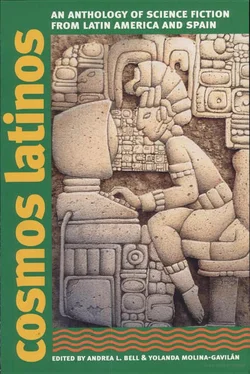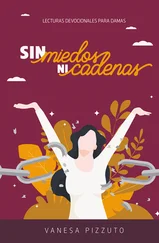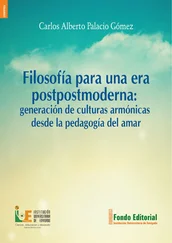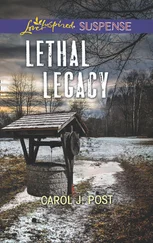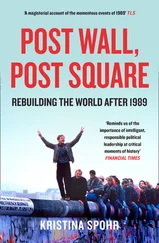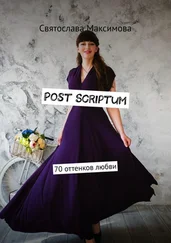POST-BOOMBOOM
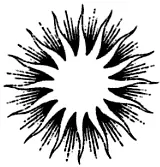
Post-bombum, 1967
by Alberto Vanasco
translated by Laura Wertish and Andrea Bell
And then the waters, the furious waves, came rushing in without warning and devastated the land. Between the shredded palm trees, among the remains of the great fire, on top of the carbon and the ice, a few men had found refuge—a very few, barely three or four, as could be seen when they emerged from their hiding places to trap some vermin or other and then quickly hid themselves again. Now and again the sun peeked out through the mists, but the rain continued falling uncontrollably, as it had from the start, as if it would never stop. From among spirals of smoke and soil, life, disoriented, struggled to carry on: freakish animals and bizarre plants appeared on the charred earth. One of the men, who had lost one shoe, dragged himself out of the cave and peered about. The other two out there were trailing a deformed reptile, arguing loudly about who would get to keep the prey and throwing rocks at each other. They were the one who had lost an eye and the one who had lost his hair. Somebody had lit a fire that covered the hillside with smoke. The one who had lost a shoe stopped in order to kill a new species of centipede that was sleeping atop a rock, and he ate it. Then he stretched his neck to see off into the distance.
“Hey! Come here! Hey!” he yelled. “No one’s going to harm you. Come and warm yourselves up a little.” And he stood near the fire.
The bald one approached, still chewing a piece of the reptile he’d hunted. He crouched down next to the fire, and there he remained, squatting, rocking back and forth clumsily. The third one, the one-eyed one, also edged closer and finally stopped right next to the flames.
“Now the three of us are together,” the one with the shoe said proudly.
The other two grunted. More than half an hour passed without them talking again. Their children had also begun to prowl around the place. There was one who looked like a toad, his body swollen and plastered against the ground. The other one appeared to be a girl, and reminded one of a tree, with a delicate, elongated trunk and two arms like broken branches at her sides. The third gave the impression of still being a fetus.
“We must do something,” said the one who had lost a shoe.
“Do what?” asked the one who had barely saved one eye.
“Something, salvage something, for them,” said the other, pointing vaguely toward the children.
“There’s nothing to save,” said the hairless one.
They were silent another hour, listening only to the squawks and bellows of their children as they pushed each other toward the edge of the cliff, scratching each other and struggling to hurl one another into the void.
“We can’t go on this way, hiding and spying on each other like enemies all the time,” the one who had saved naught but one shoe finally said. “Only the three of us remain, maybe only we three in all the world, each one with a child, and we have to do something.”
“There’s nothing to do,” insisted the one who had rescued nothing but his scalp.
“I’ll explain it to you,” said the one with the shoe. “I think there is. We’ve got nothing to do and we’ve got to pass the time somehow. Listen. Between the three of us we must know a few things. We can write them down and arrange them, put all our knowledge together in order to leave it to our children and their children. They’re going to have to start all over again, and our notes can help them out a lot—a sort of encyclopedia. What do you think, eh?” The other two grunted. “You, for example,” he said to the one-eyed one, “what did you use to do? What’s your name? Mine’s Antonio Morales. I worked as a foreman in the harbor. What did you do?”
“My name is Silva,” said the one with the eye. “I was an office worker.”
“Ah, an office worker! You see?” said the one with the shoe. Then the two looked at the one who had lost his hair.
“My name’s Anderson. I was in charge of an apartment complex. The fire’s about to go out.”
“No, it’s still burning, but throw those sticks onto it. Don’t be afraid. Thanks. See? I’m used to doing this, to being in charge, to organizing. There’s a reason why I was a foreman in the harbor. You, Silva, you worked in an office. You must know a lot of things, at least more than us, right?”
“Well, yeah, maybe. I have read some, though only superficially.”
“It doesn’t matter. Everything is important. We don’t have paper but we can jot down stuff on the dirty glass that’s lying around here. Broken glass is something we have lots of. Let’s begin. What do you know?”
Silva thought for a very long while. He watched the flames with his only eye. He felt cold and he’d hardly eaten that week. What did he know? Nowadays he felt that he knew next to nothing. He understood that they’d been destroyed by a most horrible and refined knowledge which a few men had reserved for themselves, and that there they were now, with their kids deformed and the world annihilated, trying to save or recover something. Nero, he suddenly thought with joy. Yes, that’s right. He remembered having seen a movie on television about the Roman emperor.
“Nero,” he said. “That can serve us as a reference.”
“Of course, yes, sir!” said Morales enthusiastically. “Anything will do for a start. What year was this Nero guy? That way we can arrange the time periods a little.”
“I don’t remember that detail. He was with Julius Caesar. Nero burned Rome. I think it was five hundred years before Christ.”
“Hang on. Nero, Christ, Julius Caesar. Very good, this is coming along. And Christ, when was he?”
“Neither B.C. nor A.D., I assume.”
“You assume right,” said Morales and he wrote something down on the glass. “Perfect. What else? What do you know about Julius Caesar?”
“Julius Caesar was the founder of Rome.”
“Nero burned Rome and Julius Caesar established it again, is that right?”
“Well, yes, more or less, I think so.”
“Good,” said the man with only one shoe. “That’s done. Let’s move on to the Greeks. What do you both know about the Greeks?”
“The Greeks lived before.”
“When?”
“Ten thousand years before Christ. They’re famous because they lived in Troy. That’s where they fought the Carthaginians.”
“And who won?”
“I don’t think either of them did. That’s where the phrase a ‘Pyrrhic victory’ came from.”
“Was Pyrrhus the emperor of Carthage?”
“Yes, of course. Write that down.”
“Done. But that’s enough history for today, we’ll continue tomorrow. Let’s take a look at the sciences,” Morales said then. “You. Anderson, you did maintenance, you must know something about electricity.”
“Maintenance no, I was a site manager. As for knowing about electricity, well, not precisely. You don’t have to know those things in order to be site manager of an apartment building. I know how to install a plug and hook up a lamp, but that’s all. Well, OK. we can write down that there are two currents, alternating and direct.”
“And what’s the difference?”
“Um, one kills you, the other gives you a shock.”
“Shock. What else?” said Morales. He was thrilled. “What’s electricity? How do you get it?”
“Well, it comes from the power plant. What it is, I don’t know, although one time I got a shock. It’s like lightning. And yeah, in the power plant there are cables, coils, dynamos. There you go. that could be interesting for our kids.”
Читать дальше
